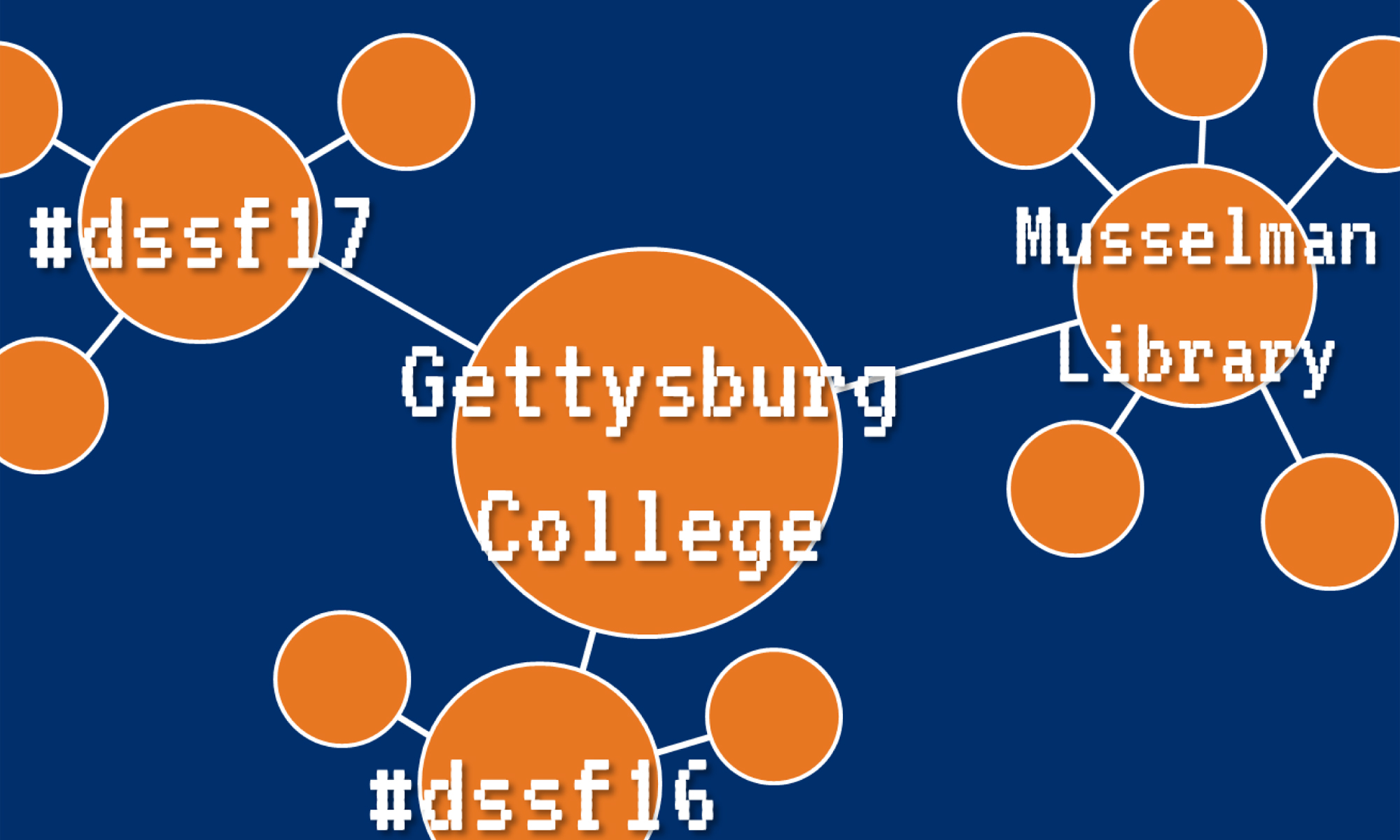In their chapter, “Pedagogies of Race: Digital Humanities in the Age of Ferguson,” Amy Earheart and Toniesha Taylor discuss their project, White Violence, Black Resistance, which blends activism and digital scholarship into a cohesive entity. As I was reading the chapter, I recognized a number of similarities between Earheart and Taylor’s work and my own. One of the goals for my project has been to highlight the narratives of people who have been left out of mainstream campus histories–this is also a goal of What We Did Here–simultaneously, White Violence, Black Resistance is an attempt to “disrupt erasure.” Both projects, then, are projects of resistance. In their text, Earheart and Taylor write, “A focus on points of resistance is central to student learning. Just as we as faculty collaborators interrogate moments of resistance in our partnership, we encourage students to understand how points of resistance in their own work, in the historical narrative, or the technical interface reveal crucial moments of engagement and insight. Instead of following a lockstep approach to a text, we ask the students to creatively interrogate the text within a broader context.” In my opinion and experience, resistance is marked by three qualifiers: it is driven by need, strengthened by collaboration, and requires active participation. As Earheart and Taylor imply, this resistance extends past projects, and it opens possibilities–a phenomenon we have come into contact with a number of our responsibilities as senior fellows.
As alluded to earlier, I thought there were a number of similarities between White Violence, Black Resistance and the two projects I have been working on–This is Why We Fight, and What We Did Here. The projects are driven by a need to recover narratives that have historically been excluded, they are strengthened and made possible by a number of partnerships, (my project and What We Did Here would not have been possible without the support of Musselman Library and the Digital Scholarship Working group, and rely on group contribution, while White Violence, Black Resistance relies on Earheart and Taylor’s teamwork and the incorporation of their students), and they come to fruition because people put forth the action and effort they need to be completed.
Taylor and Earheart’s chapter also talks about lowering barriers of entry so that the greatest number of people possible can connect and involve themselves with their project. This is also an act of resistance as it disrupts a normal hierarchy of involvement within university and digital systems. As digital fellows, we are attempting to do the same thing with our OER. There is a need for making digital tools and projects more accessible to a greater number and range of people–this is something we discussed when we defined openness and accessibility as being one of our cohort’s DH values this summer. Our OER is a collaborative effort-we are all creating it together, and it will be reviewed by a number of people. We also have to make an active effort beyond simply making the project in thinking critically about our audience and what we hope that they understand from our lesson. By creating a source that is open to a general audience, we are resisting elitist and exclusive narratives.
In the digital humanities and other learning pursuits, resistance becomes an opportunity for education and enrichment because it requires that the learners define their needs, utilize collaboration, and actively engage with whatever situation they are placed in. Though resistance may be challenging, it is productive and influential, and I am excited to see it being incorporated into dssf17.

It seems like projects like WWDH, Baltimore Uprising, and the lot are getting a lot more traction as of late. There’s a lot of obvious reasons why this is the case, but I think having crowdsourced projects that tell stories are helping show the value of bringing a low barrier of entry and telling stories from marginalized groups. The challenge will be making sure these projects have long lives, and the data remains for future generations to analyze. These are great projects in the here and now, but we always need to look forward.